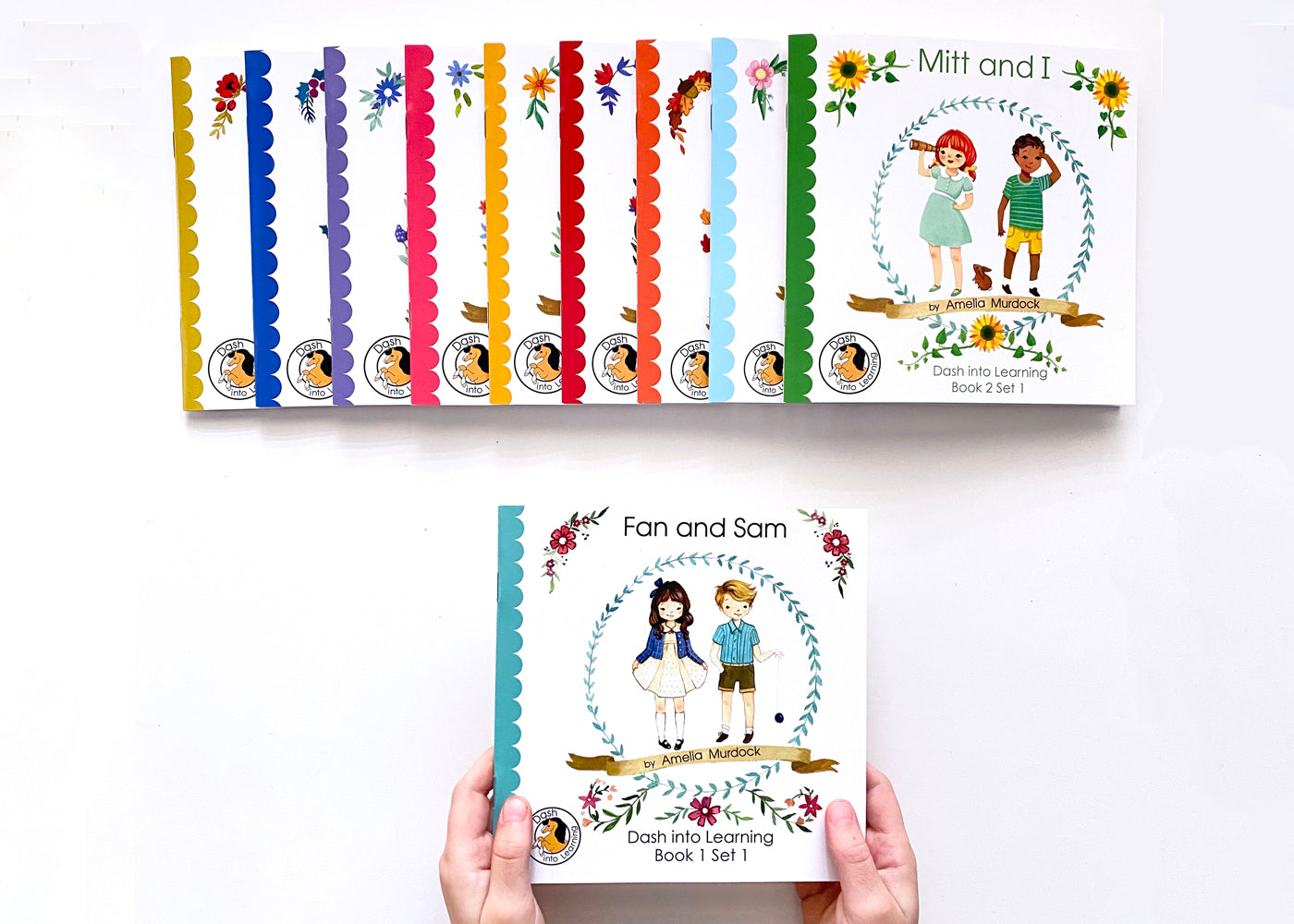Why Teach Emotional Resilience?

Why You Should Care about Dash into Happy
Social Emotional Learning (SEL) is a critical part of a child’s education and can’t be left to chance. Research shows that people who understand the emotions of themselves and others are more successful in every aspect of life: Relationships, Academics, and Career. *Harvard Study
While “IQ” describes a person’s intelligence quotient, the term “EQ” can reflect a person’s “emotional intelligence quotient”. While a high IQ is important, this factor cannot be changed substantially after a certain age. The good news is that EQ is possibly more important than IQ, and it CAN be improved over time. Not everyone can be an IQ genius, but everyone can become an EQ genius—especially when one begins early.
The Dash into Happy Program is a SEL program that begins gently in kindergarten. It progresses to grade 8 and beyond with powerful programs that can transform the trajectory of individuals, families, and even societies using concepts that have been successful for thousands of years in virtually every culture.
That’s right. We said THOUSANDS of years in many cultures.
Unlike most current SEL programs which are superficial “pop psychology” mixed in with slick lesson plans, Dash into Happy uses the same principles which have empowered people and societies all over the world to survive and even thrive during war, famine, pandemics, economic disasters, and political upheaval. Sounds like today, right? But the current crop of SEL programs simply can’t meet these challenges.
In contrast, our program incorporates enduring resilience principles tested throughout history. Unfortunately, these methods have been forgotten over recent generations. And recent generations are showing the damage of neglecting to teach these principles.
1 in 5 children today will have a mental illness in their lifetime
11% of youth have a mood disorder
10% of youth have a conduct or behavior disorder
11% of youth have an anxiety disorder
Suicide is the 3rd leading cause of death in youth ages 10-24
Among adolescents aged 12 to 17 in 2020, 17.0 percent (or 4.1 million teens) had a past year major depressive episode (MDE), and 12.0 percent (or 2.9 million teens) had a past year MDE with severe impairment.SAHMSA : LINK HERE


Drug use among 8th graders increased 61% between 2016 and 2020.
By 12th grade, 62% of teenagers have abused alcohol. National Center for Drug Abuse Statistics https://tinyurl.com/mr47secp
In 2021, 36% of parents have increasing concerns about their daughter’s anxiety, 31% about their depression and 9% about daughters’ aggression. In the same poll, 19% of parents are concerned about their sons’ anxiety, 18% about their depression and 8% about sons’ aggressiveness. The Mott Poll Report https://tinyurl.com/yckct6yz
Clearly our children, families and communities are in trouble.
But the risk is too great to experiment with ideas that are faddish or experimental. Our children are not guinea pigs. The stakes are too high. We only have one window of opportunity to teach and train children to become critical thinkers, resilient, proactive and empowered. And we must not waste this opportunity. The time is now.
Thankfully, Dash into Happy is available. Learn more about our program HERE.



